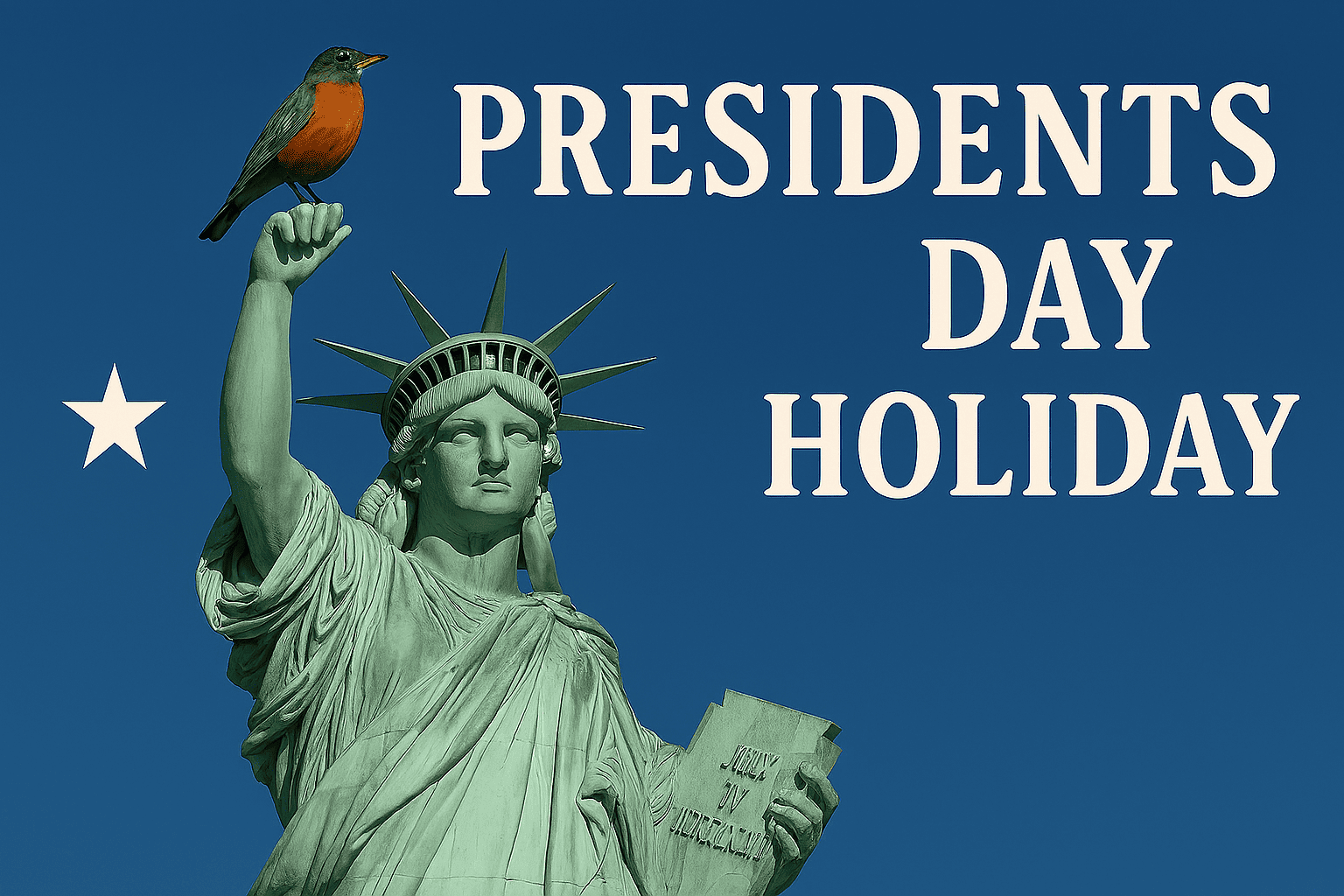What are Tariffs?
Tariffs are taxes or duties imposed by a government on imported goods. They are one of the oldest and most common instruments of trade policy and are used to control the flow of foreign goods into a country, protect domestic industries, and generate revenue for the government. Tariffs can be specific (a fixed fee per unit of the imported good) or ad valorem (a percentage of the value of the imported good).

How Tariffs Work
When a country imposes tariffs, it sets a tax on imported goods. Importers must pay these taxes when the goods enter the country, which typically increases the cost of the imported goods. This cost increase can make imported goods more expensive for consumers, which can lead to several potential outcomes:
-
Reduced Imports: Higher costs for imported goods can lead to a decrease in the quantity of goods imported.
-
Increased Domestic Production: By making imported goods more expensive, tariffs can make domestically produced goods more competitive, potentially boosting local industries.
-
Higher Consumer Prices: The increased costs of imported goods can be passed on to consumers, leading to higher prices for goods and services.
Consequences of Tariffs
The imposition of tariffs can have a wide range of consequences, both positive and negative:
Economic Consequences
-
Consumer Impact: Consumers often bear the brunt of tariffs through higher prices for goods and services. This can reduce consumer purchasing power and overall demand for certain products.
-
Business Impact: For businesses that rely on imported raw materials or components, tariffs can increase production costs, which may result in higher prices for end products or reduced profit margins.
-
Trade Relations: Tariffs can strain trade relations between countries, potentially leading to trade wars where countries retaliate by imposing their own tariffs.
-
Government Revenue: Tariffs can provide a source of revenue for governments, which can be used to fund public services or reduce the budget deficits.
Social and Political Consequences
-
Protectionism: Tariffs are often used as a tool for protectionism, shielding domestic industries from foreign competition. While this can preserve local jobs and industries, it can also stifle innovation and efficiency.
-
International Relations: Tariffs can lead to tensions and conflicts between trading partners, affecting diplomatic relations and international cooperation.
-
Inequality: Tariffs can disproportionately affect low-income consumers, who maybe more sensitive to price increases for essential goods.
Why Governments Participate in Tariffs
Governments impose tariffs for several reasons:
-
Protecting Domestic Industries: By making imported goods more expensive, tariffs can help protect domestic industries from foreign competition, preserving local jobs and businesses.
-
Generating Revenue: Tariffs can be a significant source of revenue for governments, especially in countries with limited tax collection capabilities.
-
Trade Policy: Governments use tariffs as part of their trade policy to negotiate better trade terms with other countries or to retaliate against unfair trade practices.
-
National Security: In some cases, tariffs are imposed to protect industries that are considered vital to national security, such as defense and critical infrastructure.
Pros and Cons of Tariffs
Pros
-
Domestic Industry Protection: Tariffs can provide a competitive advantage to domestic industries, helping them grow and maintain employment.
-
Government Revenue: Tariffs can generate significant revenue for governments, which can be used to fund public services.
-
Trade Leverage: Tariffs can be used as leverage in trade negotiations, helping governments secure better trade deals.
Cons
-
Higher Consumer Prices: Tariffs often result in higher prices for consumers, reducing their purchasing power and overall demand.
-
Economic Inefficiency: By shielding domestic industries from competition, tariffs can lead to inefficiencies and a lack of innovation.
-
Trade Wars: Tariffs can provoke retaliatory measures from other countries, leading to trade wars that can harm global trade and economic growth.
-
Impact on Low-Income Consumers: Tariffs can disproportionately affect low-income consumers, who may struggle with higher prices for essential goods.






















